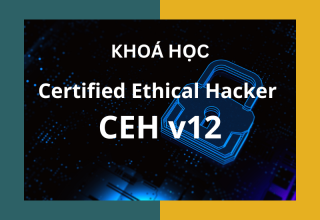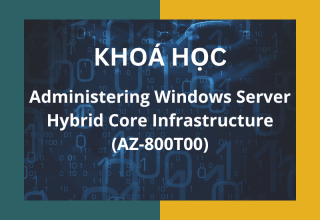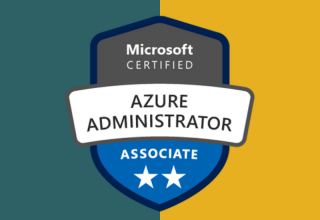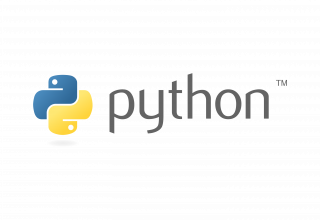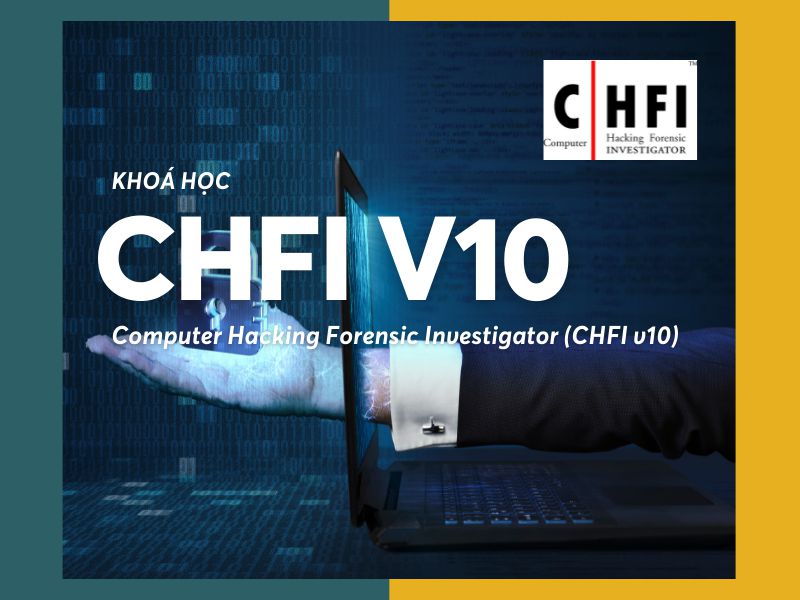Mục tiêu khóa học
●CHFI v10 là một chương trình đào tạo chuyên về điều tra dấu vết Hacker do EC_Council cung cấp. CHFI bao gồm nội dung về phương pháp “xét nghiệm hiện trường” với đối tượng vừa bị tấn công (bao gồm cả phương thức lẫn công cụ dùng để xem xét thực trạng). Khóa học giúp cho học viên nhanh chóng lĩnh hội các kỷ năng xử lý các “bằng chứng số”, thu thập thêm các tín hiệu, bằng chứng có giá trị pháp lý khác còn lại tại hiện trường.
● Chương trình trang bị cho ứng viên các kỹ năng cần thiết để chủ động điều tra các mối đe
dọa an ninh phức tạp, cho phép họ điều tra, ghi lại và báo cáo tội phạm mạng để ngăn chặn
các cuộc tấn công trong tương lai.
THỜI LƯỢNG
● 5 ngày (40 giờ)
ĐỐI TƯỢNG
- Chương trình được thiết kế cho các chuyên gia CNTT liên quan đến bảo mật hệ thống thông tin,
pháp y máy tính và ứng phó sự cố. Nó sẽ giúp củng cố kiến thức ứng dụng trong pháp y kỹ thuật
số cho các nhà phân tích pháp y, nhà điều tra tội phạm mạng, nhà phân tích pháp y phòng thủ
mạng, người ứng phó sự cố, kiểm toán viên công nghệ thông tin, nhà phân tích phần mềm độc
hại, nhà tư vấn bảo mật và giám đốc an ninh.
Khóa học tập trung vào các công nghệ mới nhất bao gồm
IoT Forensics, Dark Web Forensics,
Cloud Forensics (bao gồm Azure và AWS), Network Forensics, Database Forensics, Mobile
Forensics, Malware Forensics (bao gồm Emotet và Eternal Blue), OS Forensics, RAM
forensics và Tor Forensics, CHFI v10 bao gồm các công cụ, kỹ thuật và phương pháp luận
mới nhất cùng với các tệp bằng chứng phong phú.
Yêu cầu
Học viên phải có kiến thức về:
● Có kiến thức cơ bản về bảo mật CNTT/an ninh mạng, ứng phó sự cố
● Khuyến khích học viên đã tham gia khóa đào tạo CEH.
COURSE CONTENT
Module 01: Computer Forensics in Today’s World
- Understanding Computer Forensics
- Why and When Do You Use Computer Forensics?
- Cyber Crime (Types of Computer Crimes)
- Case Study
- Challenges Cyber Crimes Present For Investigators
- Cyber Crime Investigation
- Rules of Forensics Investigation
- Understanding Digital Evidence
- Types of Digital Evidence
- Characteristics of Digital Evidence
- Role of Digital Evidence
- Sources of Potential Evidence
- Rules of Evidence
- Forensics Readiness
- Computer Forensics as part of an Incident Response Plan
- Need for Forensic Investigator
- Roles and Responsibilities of Forensics Investigator
- What makes a Good Computer Forensics Investigator?
- Investigative Challenges
- Legal and Privacy Issues
- Code of Ethics
- Accessing Computer Forensics Resources
Module 02: Computer Forensics Investigation Process
- Importance of Computer Forensics Process
- Phases Involved in the Computer Forensics Investigation Process
- Pre-investigation Phase
- Investigation Phase
- Post-investigation Phase
Module 03: Understanding Hard Disks and File Systems
- Hard Disk Drive Overview
- Disk Partitions and Boot Process
- Understanding File Systems
- RAID Storage System
- File System Analysis
Module 04: Operating System Forensics
- Data Acquisition and Duplication Concepts
- Static Acquisition
- Validate Data Acquisitions
- Acquisition Best Practices
Module 05: Defeating Anti-Forensics Techniques
- What is Anti-Forensics?
- Anti-Forensics techniques
Module 06: Data Acquisition and Duplication
- Determining the Best Acquisition Method
- Planning Data Recovery Contingencies
- Using MS-DOS Acquisition Tools
- Understanding How DriveSpy Accesses Sector Ranges
- Data Preservation Commands
- Using DriveSpy Data Manipulation Commands
- Using Windows Acquisition Tools
- AccessData FTK Explorer
- Acquiring Data on Linux Computers
- Using Other Forensics Acquisition Tools
- Exploring SnapBack DatArrest
- Exploring SafeBack
- Exploring EnCase
- Tool: R-Drive Image
- Tool: DriveLook
- Tool: DiskExplorer for NTFS
Module 07: Network Forensics
- Introduction to Network Forensics
- Fundamental Logging Concepts
- Event Correlation Concepts
- Network Forensic Readiness
- Network Forensics Steps
- Network Traffic Investigation
Module 08: Investigating Web Attacks
- Introduction to Web Application Forensics
- Web Attack Investigation
- Investigating Web Server Logs
- Web Attack Detection Tools
- Tools for Locating IP Address
- WHOIS Lookup Tools
Module 09: Database Forensics
- Database Forensics and Its Importance
- MSSQL Forensics
- MySQL Forensics
- Module 10: Cloud Forensics
- Introduction to Cloud Computing
- Cloud Forensics
Module 11: Malware Forensics
- Introduction to Malware
- Introduction to Malware Forensics
Module 12: Investigating Email Crimes
- Email System
- Email Crimes (Email Spamming, Mail Bombing/Mail Storm, Phishing, Email Spoofing, Crime via Chat Room, Identity Fraud/Chain Letter)
- Email Message
- Steps to Investigate Email Crimes and Violation
Module 13: Mobile Forensics
- Mobile Device Forensics
Module 14: Investigative Reports
- Writing Investigation Reports
- Expert Witness Testimony

